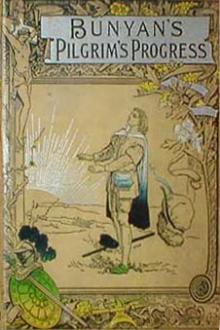Plutarch's Lives by Plutarch (recommended books to read txt) 📕

- Author: Plutarch
- Performer: -
Book online «Plutarch's Lives by Plutarch (recommended books to read txt) 📕». Author Plutarch
us, from the tokens which his father had put @ under the stone; others that he received his name afterwards at Athens, when Aegeus acknowledged him for his son. He was brought up under his grandfather Pittheus, and had a tutor and attendant set over him named Connidas, to whom the Athenians, even to this time, the day before the feast that is dedicated to Theseus, sacrifice a ram, giving this honor to his memory upon much juster grounds than to Silanio and Parrhasius, for making pictures and statues of Theseus. There being then a custom for the Grecian youth, upon their first coming to man's estate, to go to Delphi and offer first-fruits of their hair to the god, Theseus also went thither, and a place there to this day is yet named Thesea, as it is said, from him. He clipped only the fore part of his head, as Homer says the Abantes did.% And this sort of tonsure was from him named Theseis. The Abantes first used it, not in imitation of the Arabians, as some imagine, nor of the Mysians, but because they were a
Free e-book «Plutarch's Lives by Plutarch (recommended books to read txt) 📕» - read online now
Similar e-books:





Comments (0)